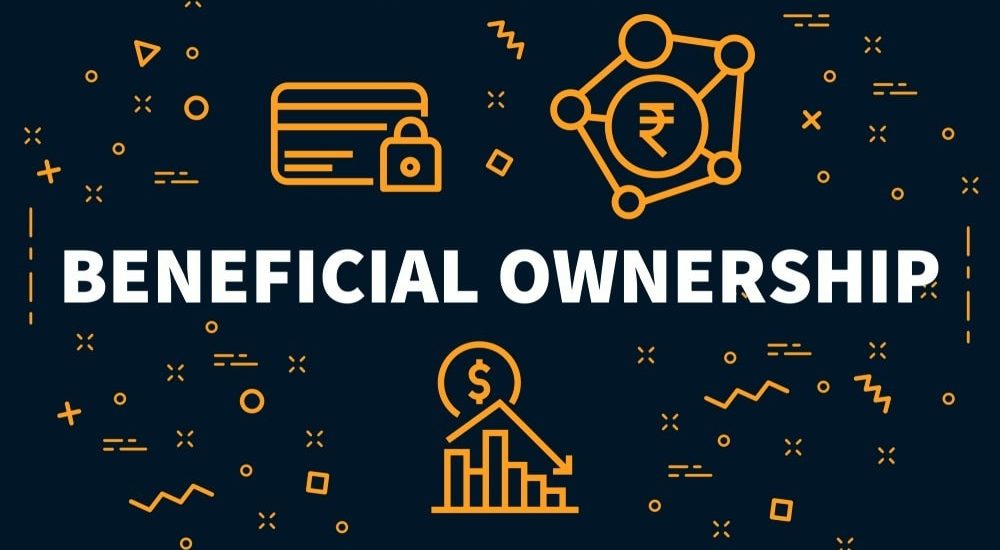Beneficial ownership has emerged as a key aspect of corporate governance and transparency worldwide, including in Tanzania. With regulatory bodies such as the Financial Action Task Force (FATF) and regional organizations like the Eastern and Southern Africa Money Laundering Group (ESAMLAG) emphasizing its importance, understanding beneficial ownership and its implementation mechanisms becomes paramount.
Read Related: EXPLAINED: Tanzania Listed on FATF’s 2024 Dirty Money Watchlist: A Call for Stringent Reforms
This article aims to clarify the concept, distinguish between direct and indirect shareholders, and explore the roles of regulatory bodies like BRELA in ensuring compliance with beneficial ownership regulations.
Understanding Beneficial Ownership
It refers to the individuals (or natural persons) who ultimately own or control a legal entity, deriving substantial economic benefits from its assets or activities. While nominee directors or shareholders may hold legal ownership, beneficial owners are the true beneficiaries behind the scenes.
Identifying beneficial owners is crucial for combating financial crimes such as money laundering, corruption, and tax evasion, as they often operate behind complex ownership structures to conceal their identities and illicit activities.
Direct and Indirect Shareholders
In this context, shareholders can be classified as either direct or indirect. Direct shareholders are individuals or entities listed on the company’s share register as owning shares in their own name. In contrast, indirect shareholders are individuals or entities who ultimately control or benefit from the shares held by others.
BRELA is key in facilitating beneficial ownership disclosure and verification in Tanzania. It oversees the collection and maintenance of the information submitted by registered companies.
BRELA ensures that companies comply with disclosure requirements, update registers regularly, and provide access to this information to relevant authorities and stakeholders. Moreover, BRELA collaborates with other regulatory bodies and law enforcement agencies to detect and prevent illegal financial activities.
Identifying Beneficial Owners
Identifying beneficial owners may require conducting thorough customer due diligence (CDD), examining corporate documents, and verifying information provided by companies. Regulatory bodies like BRELA play a crucial role in facilitating this identification process and ensuring the accuracy and reliability of disclosed information.
Verification of Beneficial Ownership Information
The verification of information involves multiple steps to ensure accuracy and compliance. Regulatory authorities conduct verification processes to authenticate the accuracy of disclosed information and identify any discrepancies or red flags. Collaborative efforts between regulatory bodies, law enforcement agencies, and financial institutions are essential to strengthen the verification process and enhance transparency.
Also, read: Investing in Tanzania: A Deep Dive Guide into Land Ownership for Foreign Investors
UBO Compliance Requirements in Tanzania
Threshold
Individuals or corporations holding ownership over 5% are required to be clearly declared as beneficial owners, which is a crucial part of BRELA’s beneficial ownership system. This applies to companies and partnerships equally.
Submission of Beneficial Ownership
Its data is filed only once, and any subsequent changes must be reported within a specified timeframe of 30 days after the change occurs. This streamlines the reporting process, minimizing administrative burdens on companies while enhancing the transparency and accuracy of corporate records.
Declaration of Ultimate Beneficial Ownership (UBO)
To facilitate compliance with these reporting obligations, companies are often called upon to make declarations regarding the changes. This declaration can be made by designated individuals within the company, such as directors or company secretaries, who bear the responsibility of ensuring the accuracy and timeliness of the disclosed information.
Non-Compliance
Sanctions may be imposed for various reasons, including failure to declare changes in BO, submitting incorrect declarations, or delays in reporting. Failure to make such declarations within the stipulated timeframe can have serious consequences, such as penalties amounting to Tshs. 10,000,000/-.
Caveat
The professional opinion expressed herein is subject to change based on changes in relevant Tanzanian Tax Laws and Regulations. The information contained herein is for implementation guidance only and does not substitute the relevant Tanzanian Tax Laws and Regulations.

